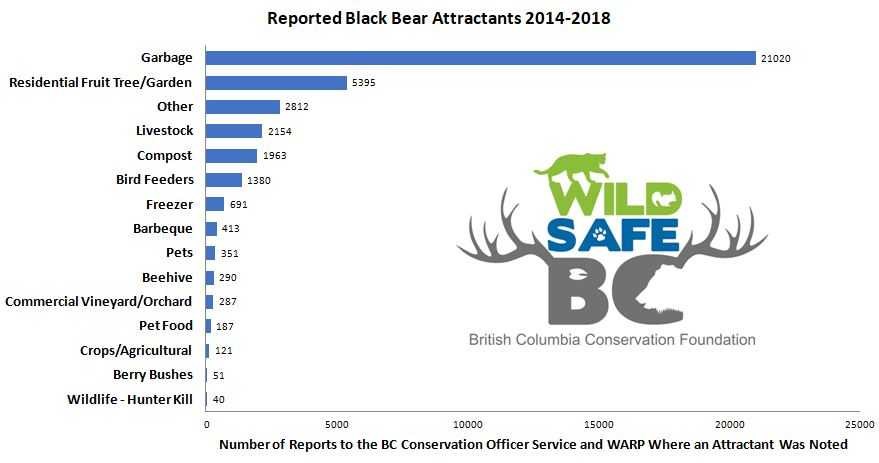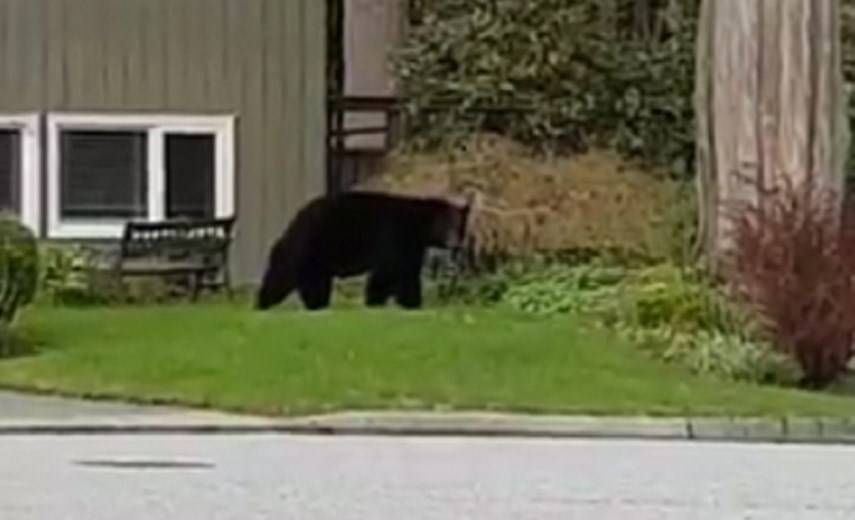A video posted to Twitter Sunday night that amassed over 3,000 views featured a black bear taking an evening stroll through a Lynn Valley neighbourhood.
Sightings like this are not uncommon for this time of year, but reports suggest that it’s a little earlier than normal.
An interactive map from the Wildlife Alert Reporting Program indicates that 17 black bears have been spotted on the North Shore since March 1.
After waking from winter hibernation, black bears are prone to venture into residential neighbourhoods from April to November in search of food. Bears, and other hungry wild animals, are often attracted by improperly stored garbage.
According to the North Shore Black Bear Society, over 1,000 black bears are killed in B.C. each year, as a result of human-bear conflicts.
Ways to reduce unnecessary conflicts with wildlife
Though sightings of black bears are not uncommon in parts of North and West Vancouver, encounters are rare. If you do come in contact with a bear, it's important to remain calm, and give the animal space.
The City of North Vancouver website emphasizes that managing attractants is the best way to lessen the chances of having a negative interaction with hungry wildlife. Measures like putting garbage out in the morning instead of the night before or making bird feeders less accessible to bears helps ensure they move on.

In recent years, a number of shocking videos have surfaced on social media, showing incidents of people feeding, or getting too close to black bears and their cubs. These videos have popped up on Instagram and Facebook.
Once a bear is conditioned to receiving food from humans, the potential of negative interactions increases, according to WildSafeBC.
Feeding bears, or any other dangerous wildlife is a criminal offence under the Wildlife Act. This offence carries a fine of $230.



